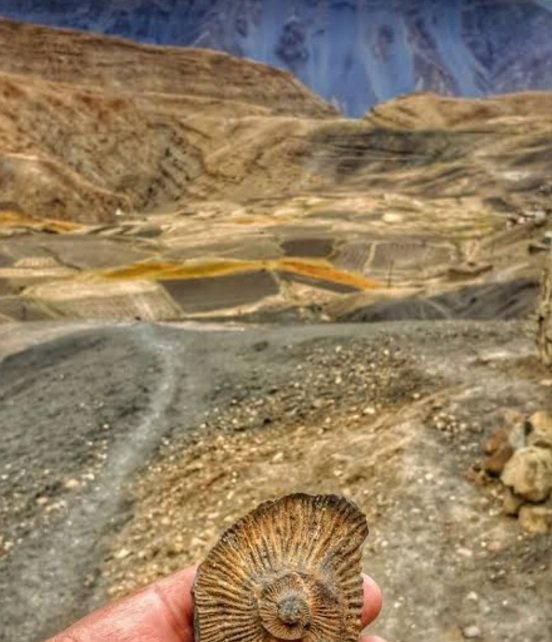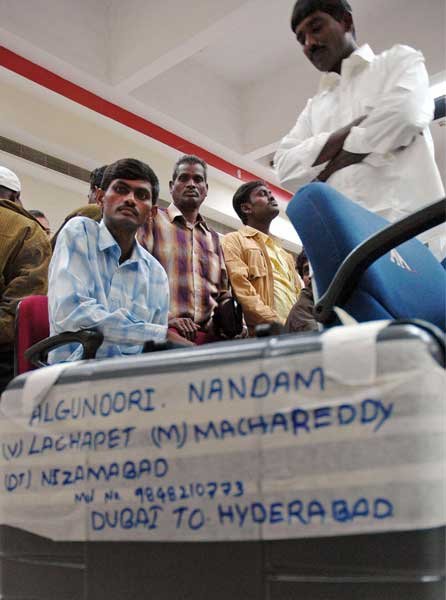
Shimla, Dec 12,
The High Court has banned the mining and trading of fossils in any area of the state. A division bench of Acting Chief Justice Tarlok Singh Chauhan and Justice Bipin. C. Negi has completely banned the extraction, collection and trading of fossils from any part of the state including Langza village in Spiti region.
The court directed the Chief Secretary, Deputy Commissioner Lahaul-Spiti and others to ensure that no fossil-related activities take place here. The court has asked the respondents to file a reply within three weeks. The next hearing of the case will be on December 31.
” Notice in the aforesaid terms. In the meanwhile respondents No.4 to 8 are directed to ensure that no individual or entity is permitted to illegally extract, collect, trade or export the fossils from any part of the State including Langza village in Spiti region. List on 31.12.2024,” concluded the court in a one page directive.
The court took cognizance of this on a PIL filed by advocate Poonam Gehlot. The petitioner said that Spiti Valley is famous for its rich fossil deposits. There are a significant number of fossils preserved in the region, including marine organisms such as ammonites, brachiopods, bivalves and corals. These fossils provide information about the ancient biodiversity of the Earth and the ecosystems that existed in the marine ecosystems, especially the Tethys Sea. These deposits are important for the study of the evolution of marine life much before the rise of the Himalayas.
Reportedly the petitioner stated that the fossils found in Spiti are remnants of life that existed in the Tethys Sea, an ancient ocean that once covered large parts of South Asia, stretching from the Mediterranean to the Indian Ocean. The Tethys Sea was an important marine ecosystem in the Mesozoic era, providing habitat for a wide variety of marine organisms. Tectonic changes caused by the collision of the Indian and Eurasian tectonic plates led to the uplift of the ocean floor of the Tethys Sea, bringing the fossils to the higher reaches of Spiti.
The PIL stated that the World Heritage Convention was adopted by the UNESCO General Assembly on 16 November 1972. Under this, World Heritage Sites were created, whose primary goal is nature conservation, protection and preservation of cultural properties. The PIL has been filed in the High Court against the ongoing exploitation of fossil heritage in Langza and surrounding villages.

The HimachalScape Bureau comprises seasoned journalists from Himachal Pradesh with over 25 years of experience in leading media conglomerates such as The Times of India and United News of India. Known for their in-depth regional insights, the team brings credible, research-driven, and balanced reportage on Himachal’s socio-political and developmental landscape.










